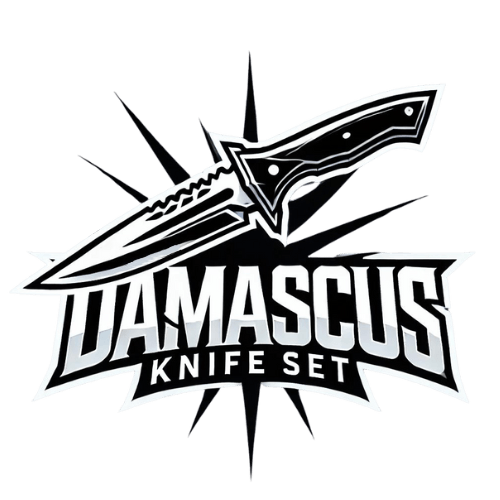Blog
Is damascus a good knife steel?
Is damascus a good knife steel?
Is Damascus a Good Knife Steel?
When it comes to high-quality knives, the type of steel used is often a focal point of discussion. One name that frequently comes up in these conversations is Damascus steel. Renowned for its striking appearance and reputed performance, Damascus steel has a storied history and a modern-day allure that makes it a popular choice among knife enthusiasts. But is Damascus steel truly a good option for knives? Let’s delve into its characteristics, advantages, and potential drawbacks.
The History and Composition of Damascus Steel
Historically, Damascus steel originated in the Near East, with its roots tracing back to around 300 B.C. This steel was famed for its strength, resilience, and distinctive wavy or “watered” pattern. Traditional Damascus steel was made using wootz steel ingots imported from India and Sri Lanka. The unique patterns were a result of the complex forging process, which involved layering and folding the steel multiple times.
Modern Damascus steel, however, is typically created by forge-welding multiple layers of different steel types together and then manipulating them to create distinctive patterns. This process can combine the best attributes of different steels, such as hardness, toughness, and corrosion resistance.
Advantages of Damascus Steel
1. Aesthetic Appeal: One of the most immediate advantages of Damascus steel is its visual appeal. The intricate, flowing patterns on the blade are not just functional but also artistic, making each knife unique.
2. Strength and Durability: When properly made, Damascus steel is known for its strong and durable nature. The layering technique can produce a blade that holds a sharp edge for a considerable amount of time.
3. Versatility: Damascus steel can be tailored for various uses, from delicate kitchen knives to robust outdoor and survival knives. The ability to combine different types of steel allows for a custom approach to knife making.
4. Corrosion Resistance: Depending on the types of steel used in the layering process, Damascus knives can offer good resistance to rust and corrosion. This makes them suitable for use in a variety of environments.
Potential Drawbacks
1. Quality Variability: The quality of modern Damascus steel can vary significantly depending on the maker. Not all Damascus steel is created equal, and some may not live up to the historical reputation of the material. It’s crucial to buy from reputable manufacturers to ensure high quality.
2. Maintenance: While Damascus steel can offer good corrosion resistance, it is not entirely maintenance-free. Regular cleaning and proper storage are necessary to preserve the blade’s condition and appearance.
3. Cost: Damascus knives tend to be more expensive than those made from single types of steel. The intricate manufacturing process and the aesthetic appeal contribute to the higher price point.
4. Performance: While Damascus steel is often strong and durable, it may not always outperform modern, single-composition steels specifically engineered for certain tasks. High-end stainless steels like S30V or VG-10, for example, can offer superior edge retention and toughness for specific applications.
So, is Damascus steel a good knife steel? The answer largely depends on what you’re looking for in a knife. If you value a combination of aesthetic appeal, historical significance, and versatile performance, a well-made Damascus knife can be an excellent choice. However, if your primary concern is performance for specific tasks and ease of maintenance, other high-quality modern steels might be more suitable.
Ultimately, the allure of Damascus steel lies not just in its functional capabilities but also in its rich history and distinctive beauty. For many knife enthusiasts, owning a Damascus knife is as much about appreciating a piece of art as it is about wielding a tool.
